Changing the health care landscape
ASU and Creighton University’s new partnership will expand opportunities for students to study health in Arizona
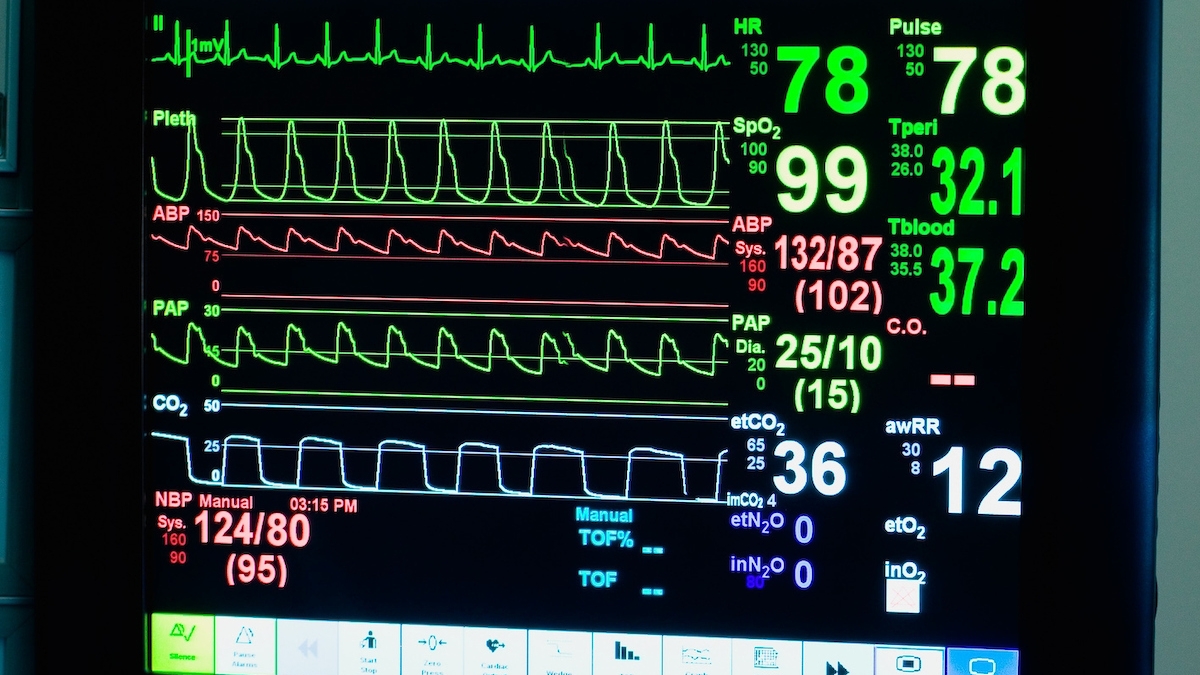
Arizona State University and Creighton University have announced a new partnership that will give ASU students more options to pursue degrees in the health sciences, contributing to the growing need for health care services in Arizona.
Creighton, a private, Jesuit university in Omaha, Nebraska, is currently building a $100 million, 183,000-square foot campus at Park Central in midtown Phoenix. The Creighton University Health Sciences – Phoenix campus is scheduled to open in 2021 and will house a four-year medical school and nearly 900 students who will become future physicians, nurses, occupational therapists, physical therapists, pharmacists and physician assistants.
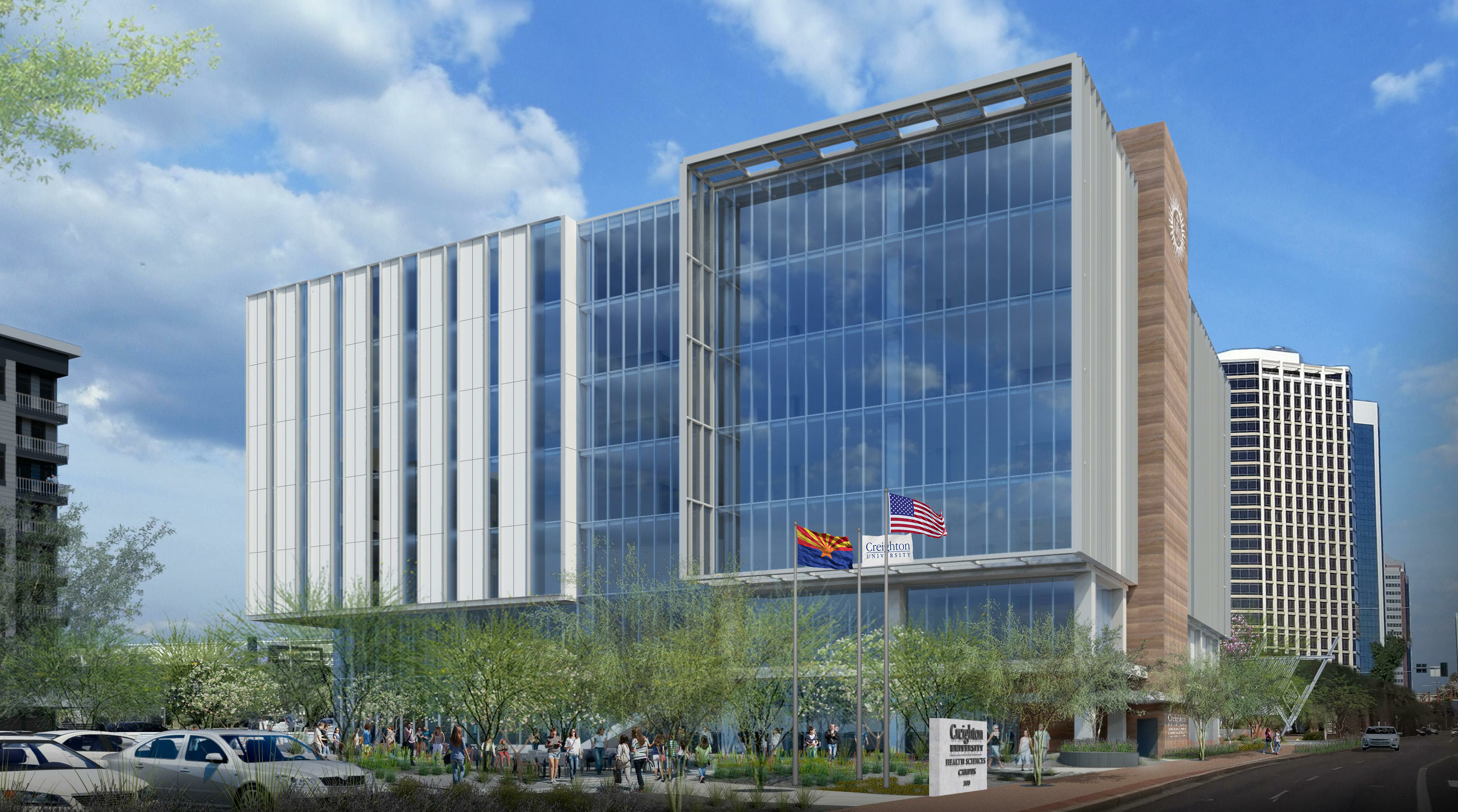
A rendering of the new Creighton University Health Sciences – Phoenix campus, currently under construction in midtown Phoenix and set to open in 2021.
Creighton University has been expanding its footprint in Phoenix since 2005, working with Dignity Health's St. Joseph's Hospital and Medical Center, ASU and area health care partners. Through this new partnership, ASU students will be given priority consideration for admittance to doctoral programs in pharmacy (up to 20 positions), occupational therapy (up to 30 positions) and physical therapy (up to 40 positions). Subsequently, Creighton students will have the opportunity to take part in ASU research, expanding on a collaboration between the two universities that has produced nearly a dozen projects, ranging from surgical devices to methods used for drug delivery.
“ASU is excited to collaborate with forward-thinking partners like Creighton University to enhance accessibility and success for 21st-century learners,” ASU President Michael M. Crow said. “Through this significant partnership, we are creating new knowledge opportunities for students and expanding our capacity to generate positive and meaningful health outcomes for Arizona.”
Susan Pepin, a clinical professor in the College of Health Solutions, managing director of health and clinical partnerships and senior adviser to the executive vice president, believes the partnership demonstrates how ASU — a comprehensive research university — is also becoming a virtual academic health center for Arizona.
“Our population is growing and a very large part of that population is older adults,” Pepin said. “We need to be thinking about producing and supporting the workforce to take care of the state and the increasing aging population. There is a critical need.”
Pepin states that this is a really exciting time for Phoenix — the fifth largest city in the United States — and Arizona, since we’ve grown from a state with one allopathic medical school to a state with four.
She emphasizes the Creighton/ASU partnership will expand the medical space for students, and potentially pave a path for dual degrees, as ASU strives to build upon its use-inspired research to create solutions to improve health.
Pepin said the partnership comes at a time when there are health care challenges to solve. “ASU can help be the backbone and hub to create better health for the state, while imagining what the future can be.”
More Health and medicine
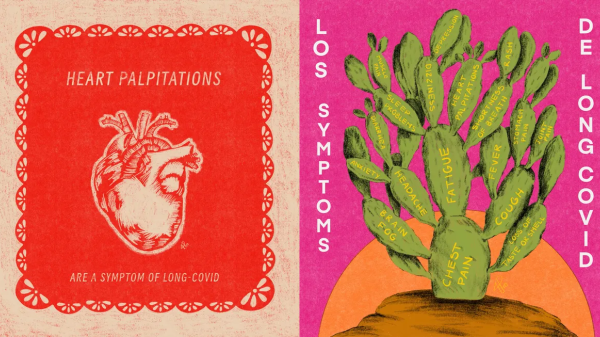
Health communication program brings long COVID awareness to Latinos
After COVID-19 hit the Latino community especially hard, Gilberto Lopez created COVIDLatino, a health communication program designed to share accurate, timely, evidence-based and culturally tailored…
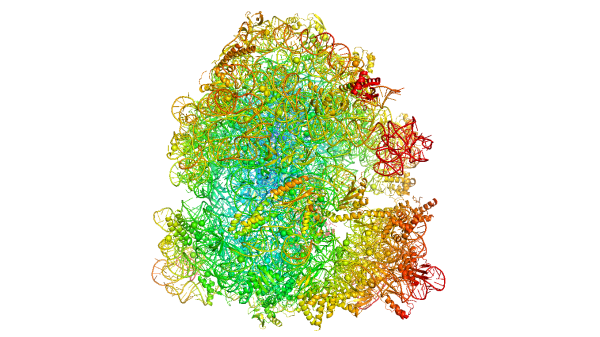
Gates Foundation to fund research on antibiotic resistance
Antibiotic resistance, what happens when germs develop the ability to defeat the drugs designed to kill them, is a growing concern among scientists today. When bacteria become resistant to…
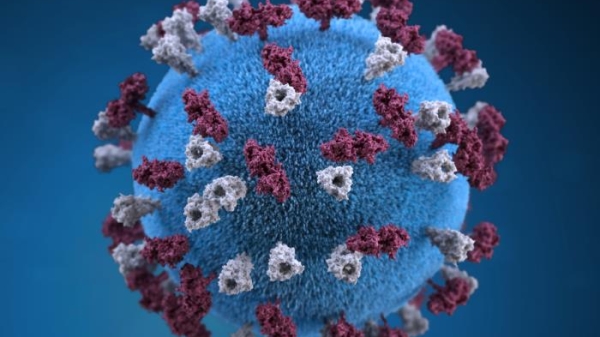
ASU epidemiologist on the rise in US measles cases
The Centers for Disease Control and Prevention issued an alert this month about a rise in measles cases worldwide. And as of March 21, a total of 64 measles cases were reported in 17 states,…